Diamond in the Rough or Rough Road Ahead? Factors to Consider in Self-Storage Conversion Projects
The proliferation of empty office and retail buildings nationwide is often touted in the self-storage industry as a grand opportunity to explore conversion developments. The problem is finding existing structures that truly work. Here are key factors to consider before committing to a project.
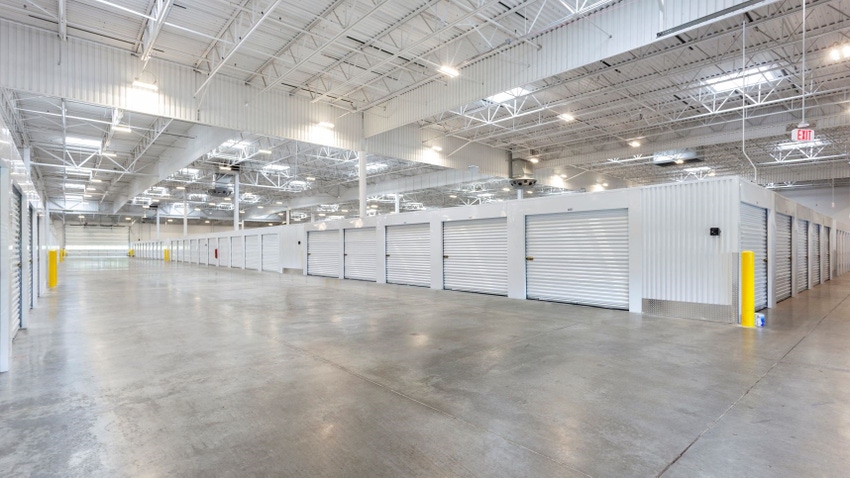
You don’t have to look far today to find articles in the “Wall Street Journal” and other publications hyping so-called “opportunities” for developers to transform empty office buildings into apartments, self-storage facilities and even vertical farming operations. On the heels of big-box retail stores, this is the latest rage in building conversions.
This development path isn’t new in self-storage circles, but it also isn’t as prevalent as it may sometimes seem. For example, in the past seven-plus years, our company has completed more than 70 developments and acquisitions in 36 cities across 17 states. Of those, 23 were new builds, but just three were conversions. In our industry portfolio, just 4% of properties were converted from a previous use.
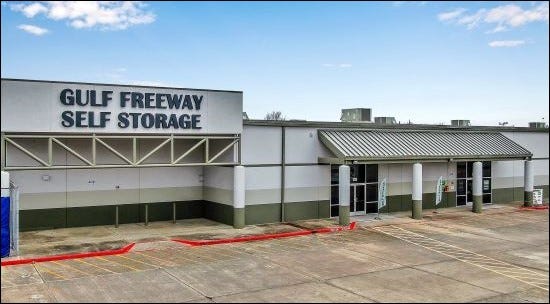
Gulf Freeway Self Storage in Houston
I mention this because while conversions can be a successful endeavor for self-storage developers, it isn’t easy to find deals that truly work. These projects can be difficult to pencil and come with their own set of nuances. If you’re contemplating a potential conversion, following are four key factors to consider.
First, understand that the basic considerations for any self-storage development still hold true in these projects. You need to conduct a high-level review of any property, including zoning research, to see if self-storage is an allowable use. In addition, you absolutely should perform an in-depth assessment of the trade area (generally a one-, three- or five-mile radius) to determine if additional supply is warranted.
Structural Capacity
Among the structures you may consider for potential conversion are multi-story buildings. A unique factor in relation to self-storage is the load-point calculation required by city planners and engineers. Basically, to be used for self-storage, all the floors of a structure must be able to accommodate a heavier load.
When engineers design a building, they use a general load-point calculation to adequately size the beams and columns for the overall structure. In a standard office building, a 10-by-10 area may hold one employee, some office furniture and related work equipment. However, in a self-storage project, that same 10-by-10 area could be used to hold a much greater concentration of stored weight, which means the beams and columns have to be much larger.
You must understand the impact of this on project design and cost. Our company has converted one multi-story office building. The only reason it worked was because we bought the asset at the right price and were able to do an expansion that added additional net rentable square feet to the overall property.
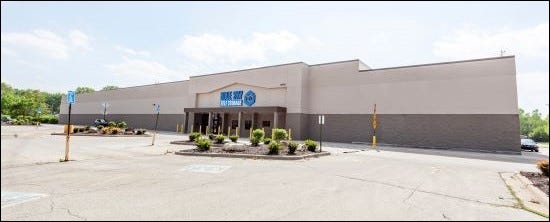
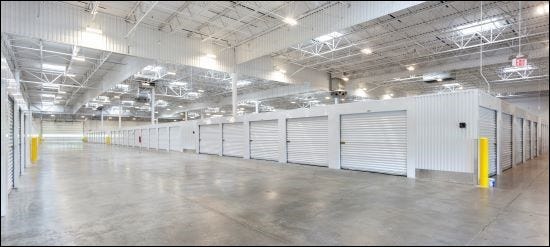
Blue Sky Self Storage in Grandview, Missouri
Speed to Market
A potential advantage of a self-storage conversion is the time it takes to complete the project. Depending on the situation, ground-up construction can take one to three years to get all the entitlements and approvals in place, plus another 12 to 18 months to build. In contrast, if you can find an existing building to convert, the entire permitting and design process can take less than a year. This speed to market can be a huge advantage when looking to open a new facility before your competition does.
Municipal Approval
Another potential advantage of a conversion is gaining favor with the presiding jurisdiction. Municipalities are often more open to allowing self-storage in an existing building than new construction. When approaching a city about a conversion, it’s smart to point out that by transforming a vacant building, you’ll be reversing the downward trend of lingering, blighted properties. Instead, you’ll be giving new life to the area and community through your investment. A new self-storage facility will also create jobs and economic activity that was void with a dormant structure.
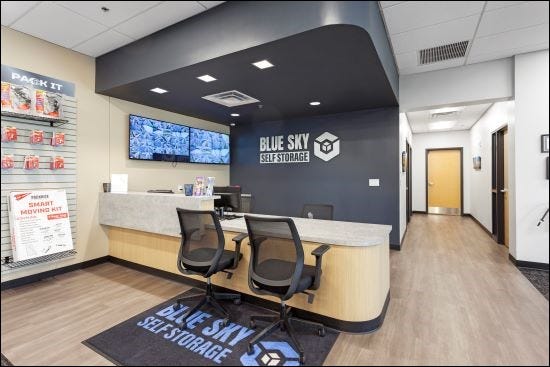
Blue Sky Self Storage in Kansas City, Kansas
Project Cost
Finally, a self-storage conversion project can cost less than ground-up development. The major expenses incurred are the property acquisition and any work that needs to be done to make the structure fully functional for self-storage. When looking at potential sites, it’s best to find one that’s priced well below its replacement cost and then thoroughly understand all the requirements for a full renovation.
Successfully completing a self-storage conversion is like finding a diamond in the rough. These projects can be elusive, but when sourced and done correctly, they can make a valuable contribution to your portfolio!
Brandon Grebe is co-founder and partner of Uplift Development Group LLC, which formerly did business as GYS Development LLC. It’s a private real estate company that specializes in developing and owning self-storage facilities across the United States. Brandon provides executive management of the firm’s real estate and development services. His career has been focused on commercial real estate development and construction management. To reach him, call 970.556.9111; email [email protected].
About the Author(s)
You May Also Like





